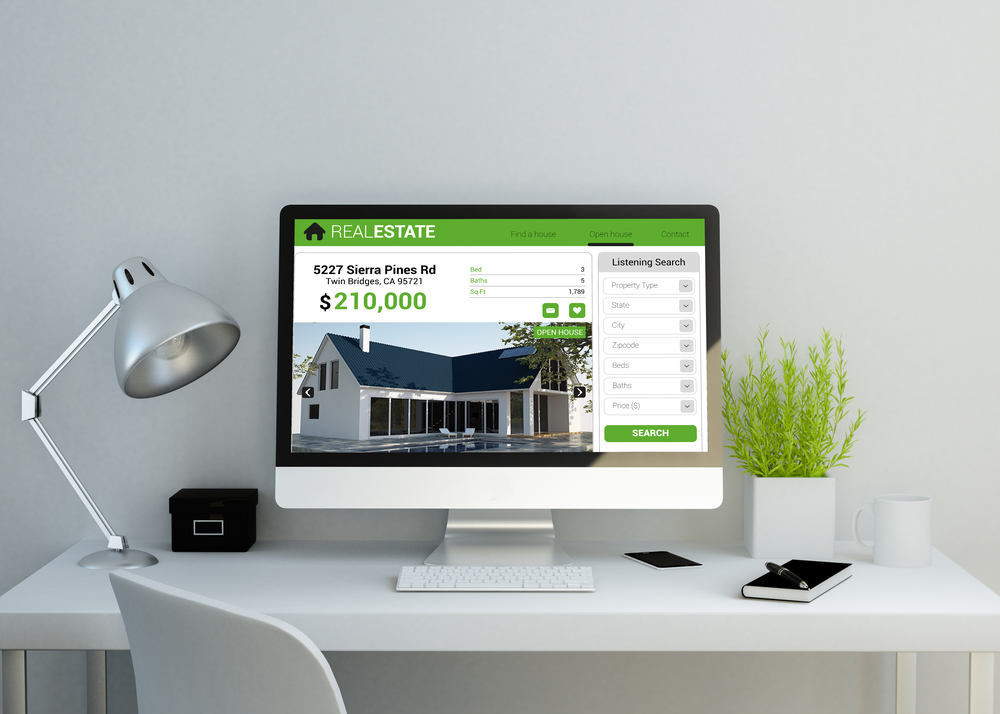In a very recent article published on Search Engine Journal, Google speculates whether SEO ‘is on a ‘Is on a Dying Path’. The discussion also revolves around whether AI is going to take over SEO as we know it and whether ‘SEO is on a dying path’ because of AI Search.
John asked:
“So do you think AI will replace SEO? Is SEO on a dying path?”
Gary Illyes expressed skepticism, asserting that SEOs have been predicting the decline of SEO for decades.
Gary expressed optimism that SEO is not dead, observing:
“I mean, SEO has been dying since 2001, so I’m not scared for it. Like, I’m not. Yeah. No. I’m pretty sure that, in 2025,the first article that comes out is going to be about how SEO is dying again.”
So we can safely say that SEO and Content will continue to important for ranking website and SEO is very important for ranking real estate websites. In this article we see ‘How to Do SEO for Real Estate Website‘.
In the competitive world of real estate, having a strong online presence is essential. A well-optimized website can significantly increase visibility, drive traffic, and convert visitors into leads. But how do you achieve this? In this guide, we’ll explain How to Do SEO for Real Estate Website and share effective strategies for boosting your site’s rankings using real estate website SEO techniques.
Understand the Basics of SEO
Before diving into specifics, it’s important to grasp the fundamentals of SEO. Search Engine Optimization (SEO) is the process of enhancing your website to rank higher on search engine results pages (SERPs). For a real estate website SEO strategy, this involves optimizing for local searches, high-quality content, and relevant keywords.
Conduct Keyword Research
Keywords are the foundation of SEO. For a real estate website, focus on local and industry-specific keywords. Tools like Google Keyword Planner or SEMrush can help identify terms like “homes for sale in [city]” or “real estate agents near me.” Integrate these keywords naturally throughout your content to ensure it aligns with how users search. Don’t forget to include phrases like “How to Do SEO for Real Estate Website” to target broader queries.

Optimize for Local SEO
Real estate is inherently local, making local SEO critical. Here’s how to boost your local SEO:
- Google Business Profile: Claim and optimize your profile with accurate business information.
- Local Keywords: Use location-based terms like “homes in Austin, TX.”
- NAP Consistency: Ensure your Name, Address, and Phone number are consistent across all online platforms.
- Local Backlinks: Partner with local blogs, news outlets, or businesses to earn quality backlinks.
Create High-Quality, Targeted Content
Content is king in SEO, and real estate website SEO thrives on engaging, valuable information. Here are some ideas:
- Blog Posts: Write about local market trends, home-buying tips, or community guides.
- Property Descriptions: Use unique, detailed descriptions for each listing.
- FAQs: Answer common real estate questions to improve user experience and keyword usage.
By incorporating keywords like “How to Do SEO for Real Estate Website” into your content, you’ll enhance visibility and relevance.
Optimize On-Page SEO Elements
On-page SEO involves optimizing individual pages to rank higher. Key areas include:
- Title Tags and Meta Descriptions: Write compelling, keyword-rich titles and meta descriptions for every page. For instance, “Learn How to Do SEO for Real Estate Website to Attract Buyers.”
- Header Tags (H1, H2, etc.): Structure your content with clear, keyword-focused headers.
- Alt Text for Images: Add descriptive alt text for images, including relevant keywords.
- Internal Linking: Link to other pages on your site to improve navigation and SEO.
Mobile Optimization Is Non-Negotiable
With the majority of homebuyers searching on mobile devices, having a mobile-friendly site is essential. Use responsive design to ensure your website adapts to different screen sizes. Google’s Mobile-Friendly Test tool can help you identify areas for improvement.
Improve Website Speed
Page speed is a critical ranking factor. Slow-loading sites deter visitors and hurt rankings. Optimize images, enable browser caching, and minimize code to improve loading times. Fast websites provide a better user experience and support real estate website SEO efforts.

Build High-Quality Backlinks
Backlinks signal to search engines that your site is authoritative. To earn backlinks:
- Create Shareable Content: Publish infographics or guides that others want to link to.
- Outreach: Contact local businesses, bloggers, or news outlets to promote your content.
- Guest Blogging: Write articles for related websites with links back to your site.
Leverage Social Media for SEO
While social media doesn’t directly impact rankings, it drives traffic and engagement. Share blog posts, property listings, and community updates on platforms like Facebook, Instagram, and LinkedIn. A strong social presence complements your real estate website SEO strategy.

Use Analytics to Monitor Progress
SEO is an ongoing process, and tracking performance is vital. Tools like Google Analytics and Google Search Console can provide insights into:
Organic traffic
Keyword rankings
User behavior
Click-through rates (CTR)
By analyzing this data, you can refine your approach and achieve better results.
Stay Updated with SEO Trends
SEO is constantly evolving, and staying current with trends is crucial. For instance, voice search is growing, so optimizing for conversational queries like “What’s the best way to learn How to Do SEO for Real Estate Website?” can help.
Consider Professional Help
If SEO feels overwhelming, hiring an SEO expert can be a smart investment. They can tailor a strategy specifically for your needs, ensuring your real estate website SEO efforts yield maximum results.
Conclusion
Optimizing a real estate website for SEO requires a strategic approach, from keyword research and local SEO to mobile optimization and content creation. By following this guide on How to Do SEO for Real Estate Website, you’ll be well-equipped to attract more visitors and convert them into leads. Implement these strategies, and watch your website rise in search rankings, bringing your real estate business the visibility it deserves.



















